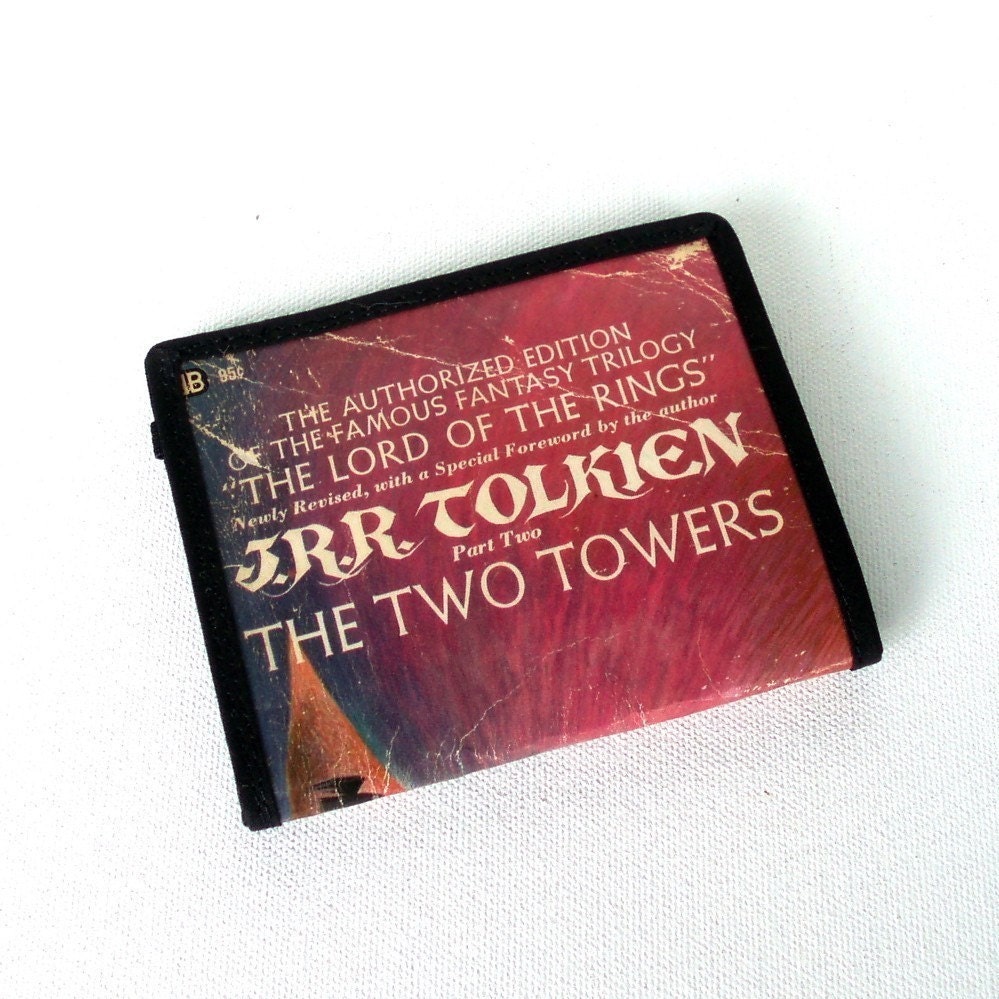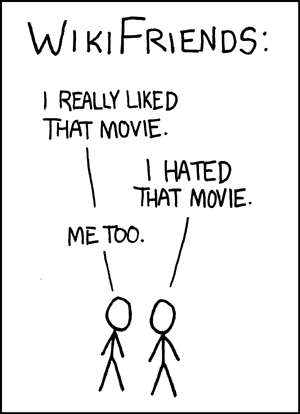Microsoft has had discussions with News Corp over a plan that would involve the media company being paid to “de-index” its news websites from Google, setting the scene for a search engine battle that could offer a ray of light to the newspaper industry.
The impetus for the discussions came from News Corp, owner of newspapers ranging from the Wall Street Journal of the US to The Sun of the UK, said a person familiar with the situation, who warned that talks were at an early stage.
News Corp and Microsoft, which owns the rival Bing search engine, declined to comment.
One website publisher approached by Microsoft said that the plan “puts enormous value on content if search engines are prepared to pay us to index with them”.
Microsoft’s interest is being interpreted as a direct assault on Google because it puts pressure on the search engine to start paying for content.
“This is all about Microsoft hurting Google’s margins,” said the web publisher who is familiar with the plan.
But the biggest beneficiary of the tussle could be the newspaper industry, which has yet to construct a reliable online business model that adequately replaces declining print and advertising revenues.
In a possible sign of negotiations to come, Google last week played down the importance of newspaper content.
Matt Brittin, Google’s UK director, told a Society of Editors conference that Google did not need news content to survive. “Economically it’s not a big part of how we generate revenue,” he said.
News Corp has been exploring online payment models for its newspapers and has taken an increasingly hard line against Google.
Rupert Murdoch, News Corp chairman, has said that he would use legal methods to prevent Google “stealing stories” published in his papers.
Microsoft is desperate to catch Google in search and, after five years and hundreds of millions of dollars of losses, Bing, launched in June, marks its most ambitious attempt yet.
Steve Ballmer, chief executive of Microsoft, has said that the company is prepared to spend heavily for many years to make Bing a serious rival to Google.
Microsoft has sought to differentiate Bing by drawing in material not found elsewhere, though it has not demanded exclusivity from content partners. Bing accounted for 9.9 per cent of searches in the US in October, up from 8.4 per cent at its launch, according to ComScore.
James Murdoch, chairman and chief executive of News Corp Europe and Asia, hinted last week that the company was making progress with its online plans. “We think that there’s a very exciting marketplace, potentially a wholesale market place for digital journalism that we’ll be developing,” he said





